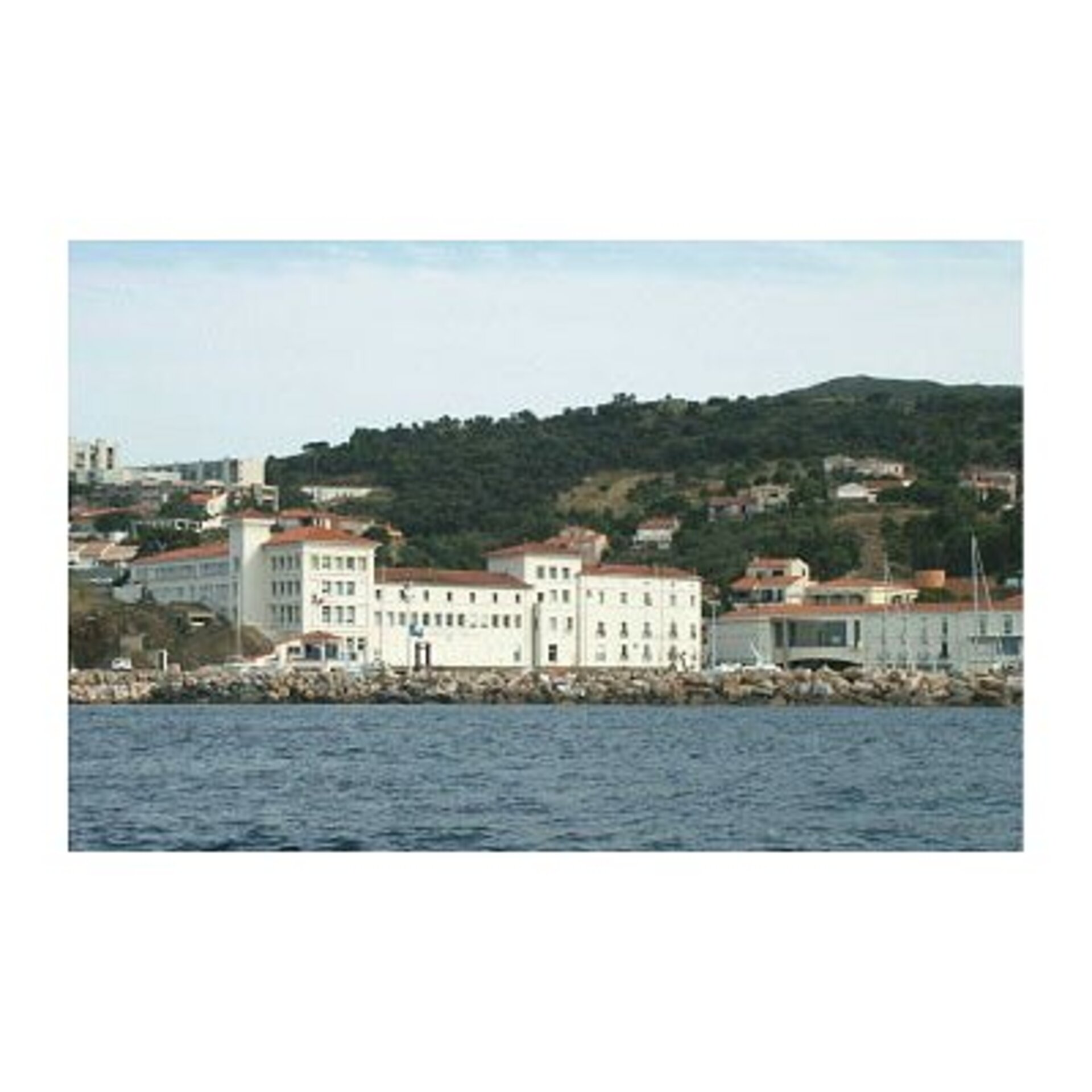'Space for Life' Programme: An introduction to the ISS life sciences experiments
Later this month, there will be 30 lucky European students going to 'Space for Life', a SOCRATES ERASMUS Programme. This programme is sponsored by the European Commission, coordinated by Prof. G. Perbal from the Pierre et Marie Curie University in Paris, France, and supported by ESA's ISS Education Programme.
The two-week course, first held in 1989, is open to EU university students in their 3rd and 4th year. It will be held from 15 to 26 September 2003, at the Oceanological Observatory in Banyuls-sur-mer, France.
European research in space biology
What can this select group of 22-24-year-old enthusiastic students expect? They will be introduced to the latest, exciting European research in space biology, with particular focus on International Space Station (ISS) research. European experts will explain the fascinating discoveries they have made so far about the origin of life, the role of gravity in cellular, animal and plant development, and the use of molecular tools in space biology.
Workshops and presentations
There will also be data-analysis workshops and students will be able to work in small groups to present their space projects.
'Space for Life' will mainly feature presentations about ESA's human physiology initiatives (bed-rest studies), opportunities for student experiments on board the ISS, and flight opportunities for microgravity Life Sciences.
E-learning
ESA's contribution will also involve experimenting with E-learning: students will follow a lecture given by an astronaut, using new multimedia technologies and Internet, from the Erasmus User Centre at ESA's research and technology centre (ESTEC) in Noordwijk, The Netherlands.
In a future edition of Edunews, ESA's Education and Outreach magazine, students will given the opportunity to describe their experiences during 'Space for Life'.
On completion, this course may go on to count as a university module for participating students.




